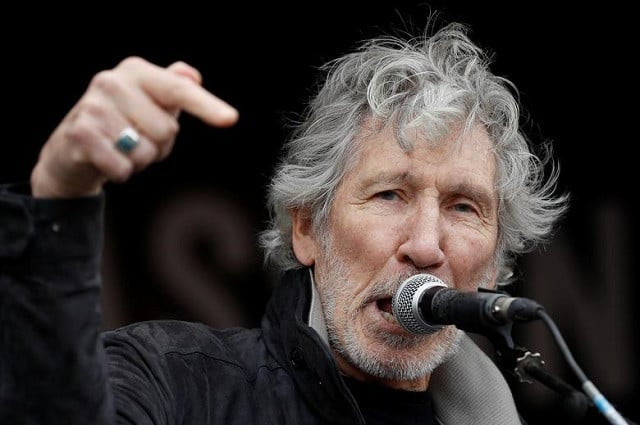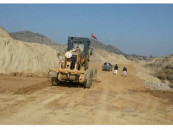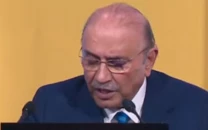‘Hey Modi!’: British musician takes Indian PM to task over Kashmiri rights activist's arrest
Khurram Parvez was arrested in IIOJK last month on the so-called charges of terrorism funding

Roger Waters, the founding member of former rock band Pink Floyd, took Indian Prime Minister Narendra Modi to task for keeping Kashmiri human rights activist Khurram Parvez in detention in Indian Illegally Occupied Jammu and Kashmir (IIOJK).
The British musician, while responding on Thursday to a Twitterati demanding the activist's release, wrote on his handle "Hey Modi, leave Khurram alone!"
Hey Modi leave Khurram alone! https://t.co/JD89Ju8C7L
— Roger Waters (@rogerwaters) December 23, 2021
Interestingly, this isn't the first time that Rogers called out the Modi-led Indian government for its actions.
In February last year, during a protest in London for the release of activist Julian Assange, he spoke against the controversial Citizenship (Amendment) Act initiated by the Indian government.
Waters read out an English translation of Aamir Aziz’s Sab Yaad Rakha Jayega, introducing him as “a young poet and activist in Delhi involved in the fight against Modi and his fascist and racist Citizenship law.”
He recited:
“Kill us, we will become ghosts and write of your killings with all the evidence.
You write jokes in court; we will write ‘justice’ on the walls.
We will speak so loudly that even the deaf will hear.
We will write so clearly that even the blind will read.
You write ‘injustice’ on the earth; we will write ‘revolution’ in the sky.
Everything will be remembered; everything recorded.”
Also read: Roger Waters' pro-Palestine activism is a lesson for the West
Parvez, a rights defender belonging to IIOJK, was arrested on November 22 by National Investigation Agency (NIA), India's anti-terror investigation agency.
He is the coordinator of a local human rights group, Jammu and Kashmir Coalition of Civil Society. He was arrested after raids were made at his office in Srinagar.
The office of UN High Commissioner for Human Rights had expressed concerns over his arrest. “We are deeply concerned at the arrest of Kashmiri human rights defender Khurram Parvez under Indian counter-terrorism legislation, the Unlawful Activities Prevention Act (UAPA),” it said in a statement.



















COMMENTS
Comments are moderated and generally will be posted if they are on-topic and not abusive.
For more information, please see our Comments FAQ